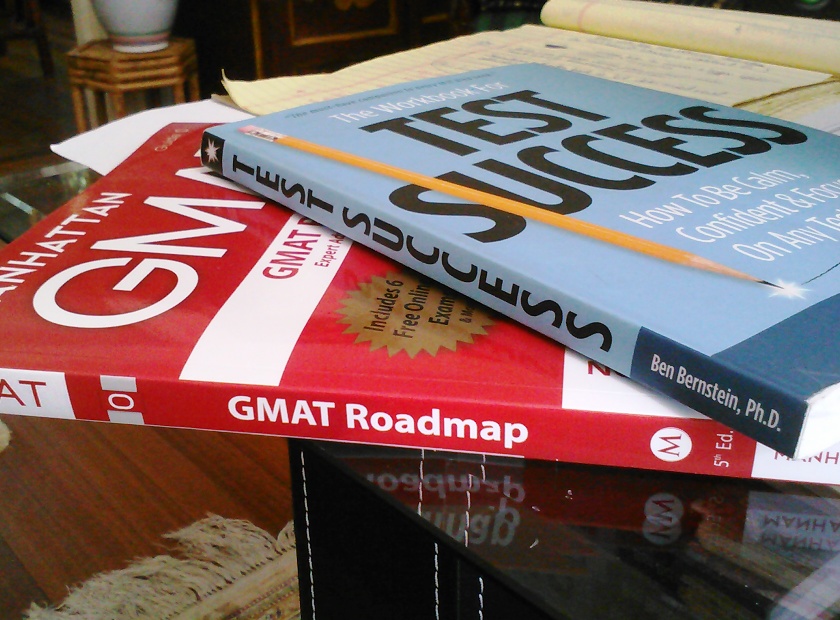Be Yourself. Don’t Be Casual. Which Is It?

Be diplomatic
Scott Shrum of Veritas Prep wrote this great article on presentation for the Association of International Graduate Admissions Consultants newsletter. It’s particularly useful as students start booking their interview slots. Heed his advice!
For years MBA admissions officers have urged applicants to be themselves in the admissions process. From essays to admissions interviews to interactions at events, admissions officers want to see glimpses of the real applicant, not an act or ideal of what the applicant thinks admissions officers want to see. We have all heard this advice for years, and most admissions consultants frequently share this same advice with their clients. “Be yourself,” we say. “Reveal something about yourself in your application.” Yet applicants have historically tended to err on the side of being overly formal or being reluctant to share anything that might make them appear less than perfect in admissions officers’ eyes.
This “be real” advice from admissions officers is so common that it was interesting to hear a new theme emerge in June’s AIGAC conference: Some applicants have become a little too informal, particularly in admissions interviews and other face-to-face interactions with admissions personnel. Panel discussion participants including Christine Sneva of Cornell’s Johnson School, Bruce Delmonico of the Yale School of Management, Mary Miller of Columbia Business School, and Mae Jennifer Shores of UCLA Anderson, discussed examples including:
- Overly casual dress
- Unprofessional personal habits such as gum chewing
- Very informal language, including cursing
- Frequently checking one’s phone or sending text messages
- Other unprofessional behavior, such as putting one’s feet up on the interviewer’s desk.
Even more remarkable is that most of the stories told involved applicants meeting with admissions officers in formal settings. While applicants sometimes wrongly perceive an interview with an alum or a student as an informal discussion and sometimes “let their hair down” a bit too much, it is hard to fathom that admissions officers see this sort of behavior. (All of the admissions officers at the conference were from business schools, but the lessons they shared are equally applicable to all types of graduate programs.)
It’s like applying for a job
While these stories still represent the exception rather than the rule for all of the schools in attendance, the clear trend is toward this sort of thing happening more than it did just a few years ago. Whether it is the result of generational trends—many Generation Y applicants have been exposed to less formal work settings than those who have come before them—or some applicants misinterpreting the “Be Yourself” advice, these applicants clearly do themselves a disservice by acting this way. MBA admissions officers have enough excellent applicants to choose from that any signs of arrogance or immaturity make it far too easy for them to reject an applicant and look elsewhere for talent.
So what advice can an admissions consultant give to help applicants be authentic in the admissions process, yet not come across as overly casual or flippant? While applicants really should be genuine and reveal a bit about themselves in their interactions with a school, they must remember that applying to an MBA program is not very different from applying for a job—everything about them will be judged. Just as a job applicant could never put his feet up on an interviewer’s desk and expect to land a job, a business school applicant needs to remember that the admissions interviewer is not just a formality, and that any unprofessional behavior makes it far too easy for an admissions committee to reject that applicant no matter how strong his application is. When in doubt, an applicant should treat an admissions interview no differently from a job interview.
Ultimately, the best litmus test still comes back to common sense. If an applicant has to ask whether or not a certain behavior is okay, then the answer is probably “no.” And, if an applicant doesn’t have the common sense or maturity to even ask, then he or she may not yet be ready to apply.




